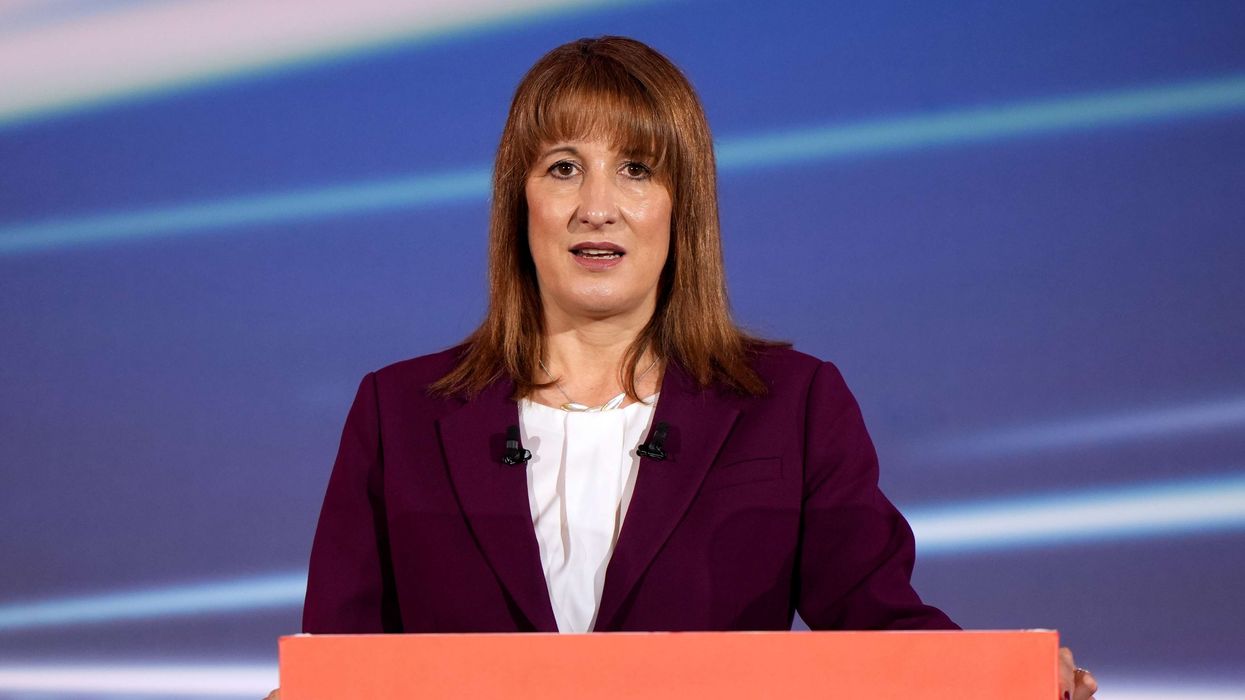THE Jaguar Land Rover (JLR) will be the first British car maker to build a hydrogen-based drivetrain as it develops one for its latest Defender.
The testing for the drivetrain, which helps to reduce emissions, will start later this year, reported The Telegraph.
The JLR already uses a battery-electric drivetrain in the Jaguar i-Pace.
The company said that fuel-cell technology is better for larger, long-range vehicles and those operating in hot and cold environments.
A hydrogen fuel cell (FCEV) car uses a platinum-catalyst proton exchange membrane (PEM) to generate electricity out of hydrogen and oxygen to power an electric motor. It does not require heavy drive batteries and emits only water as a by-product, the report said.
Hydrogen is much more energy dense than even state-of-the-art lithium-ion batteries so ranges can be much greater, while hydrogen tanks can be refilled in minutes rather than the hours it takes to recharge a large battery. This makes them much more suitable for operation in large vehicles, commercial vehicles, taxis and marine or rail applications.
“We know hydrogen has a role to play in the future powertrain mix across the whole transport industry. Alongside battery-electric vehicles, it offers another zero-tailpipe emission solution for the specific capabilities and requirements of JLR," Ralph Clague, head of hydrogen and fuel cells for JLR, told The Telegraph.
JLR plans to achieve zero tailpipe emissions by 2036 and net zero carbon emissions across supply chain, products and operations by 2039.
Land Rover engineers will work with research and development partners including Delta Motorsport, AVL, Marelli Automotive Systems and the UK Battery Industrialisation Centre (UKBIC) to research, develop and create the prototype fuel-cell electric vehicle (FCEV).
'Efficiency not great'
Fuel-cell passenger cars can be just as environmental and in total-life calculations can emit less carbon dioxide, but their efficiency isn’t as great as a battery-electric car, the Telegraph report added.
This is because of the need to create the green hydrogen in the first place (usually done by electrolysing water with wind-generated electricity) and to compress the resultant gas to 10,000 psi pressure to carry in tanks.
It’s also expensive, because the car has to carry about 5kg of hydrogen in spun carbon-and-aluminium tanks and also has a small lithium-ion cell battery to balance and buffer the electric flows, as well as store recuperated braking energy.
The EU and Europe’s car makers are investing and working hard on the hydrogen fuel-cel technology for larger passenger cars and commercial vehicles. But the UK government mainly supports battery electric cars, the report added.
Stellantis, the carmaking giant created out of Peugeot Citroën, Vauxhall Opel and Fiat Chrysler Automobiles, is developing a fuel-cell drivetrain for vans, which it says will be also used in its next generation of large cars.
Mercedes says it is working on fuel cells for large commercials and has a “watching brief” on the passenger car market, while BMW is planning a fuel cell-powered X5 SUV for next year.
Toyota, which has invested heavily in fuel-cell technology, has just achieved a 622-mile (1,000km) range on a single tank of its Mirai fuel-cell saloon; the trip was organised in France during Paris de l’hydrogène – an exhibition on hydrogen and renewable energies.
Hyundai is continuing to develop its Nexo fuel-cell car and Ineos, the Jim Ratcliffe-backed, French-built, Land Rover Defender competitor, has signed an outline deal to help develop and use Hyundai’s fuel cells in next year’s Grenadier off-road working vehicle.













